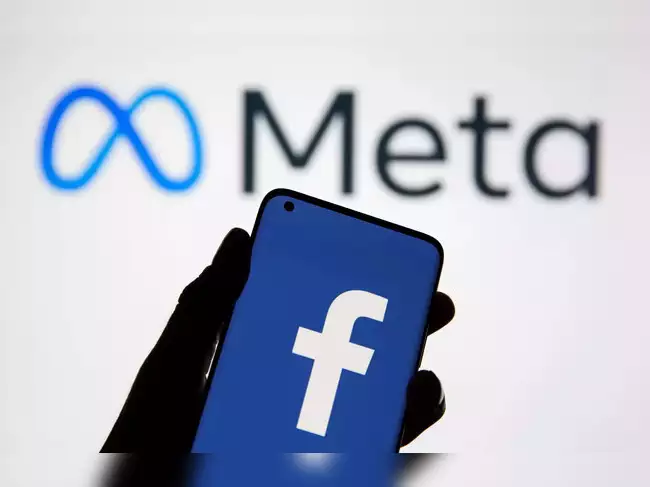The International Society for Fair Elections and Democracy (ISFED), a local watchdog, reported on major political advertising trends on Meta products such as Facebook and Instagram. According to the watchdog, between October 1 and December 29, 2023, 56.7 percent of all social and political ad spending on Facebook and Instagram came from 15 pages, the top five of which were the pages of the Office of the State Minister for Reconciliation and Civic Equality, the ruling Georgian Dream party, former Prime Minister and current GD Chairperson Irakli Garibashvili, opposition Strategy Agmashenebeli party leader Giorgi Vashadze, and pro-government Imedi TV.
Pages with the highest ad spend
Citing data from the Meta Political Ads Library, ISFED reports that a total of 846 pages in Georgia posted social/political ads on Facebook and Instagram during the reporting period, an increase of 288 pages compared to the previous quarter, which covered the July-September 2023 period. The total number of ads placed increased by 2,927 and amounted to 8,139, costing a total of USD 279,441.
According to ISFED, the State Minister’s office for Reconciliation and Civic Equality spent 16 times more on Meta ads than in the previous quarter. “Along with posts describing the agency’s activities, an important place on the page was devoted to the “Georgian language unites us” campaign. This campaign was aimed at promoting the study of the state language among the non-Georgian speaking population and raising awareness of the opportunities available in this regard. Some of the ads were published in ethnic minority languages, and the target audience was Meta’s young users from regions densely populated by the respective ethnic group,” ISFED explained.
The page of the ruling Georgian Dream party, which also increased its Meta ad spending, focused mainly on promoting Irakli Kobakhidze, the incumbent Prime Minister of Georgia, who served as the leader of the ruling party before swapping places with Garibashvili.
As for the official Facebook page of Irakli Garibashvili, the sponsored content included live video addresses, government meetings, bilateral meetings, participation in conferences and panel discussions. Videos lasting more than an hour depicted events such as the opening of the Tbilisi Silk Road Forum on October 26, 2023, and the celebration of the EU candidacy on December 15, 2023. Among other things, Garibashvili’s page on Instagram also sponsored congratulatory cards on religious celebrations.
One of the opposition MPs and the leader of the Strategy Agmashenebeli Party Giorgi Vashadze spent 2.5 times more on ads than in the previous quarter. Vashadze’s page mainly sponsored his meetings in the regions, clips of his parliamentary speeches and TV appearances.
Pages placing most political and social ads
As for the pages with the highest amount of political and social advertisements, the anti-Western, anti-Ukrainian, anti-liberal and homophobic Georgia First News, founded by Vato Shakarishvili, the former member of the Tbilisi City Assembly (Sakrebulo) from the ruling GD, tops the list. It is followed by the pro-government POSTV, Mautskhebeli, Tabula and the ruling Georgian Dream.
Social and political ads on Meta categorized by the advertisers
Overall, according to ISFED, among the official actors, the most significant expenditures on Meta political advertising in Georgia were attributed to political parties, the Georgian government, ministries, other public agencies, and media outlets. Unofficial or anonymous actors focused their advertising campaigns primarily on supporting the ruling party and undermining the opposition. Meanwhile, the advertising expanses of the anonymous pages increased tenfold compared to the previous quarter.
Political parties
During the reporting period, political parties and their representatives placed advertisements totaling between USD 91,063 and USD 94,528. Notably, the ruling party, Georgian Dream, and its representatives spent more on advertising (USD 49,743 to USD 50,832) than all other parties and their representatives combined (USD 41,320 to USD 43,696). As for the opposition, the Strategy Aghmashenebeli and Lelo parties doubled their advertising spending compared to the previous quarter.
According to ISFED, in cases where the advertising expenditure of a page does not exceed USD 100, the exact amount spent is unknown, leading to interval values being used to represent the expenditure in certain categories of pages.
Media
As for the media outlets, the watchdog says that 133 media outlets placed 1884 advertisements, with the total cost ranging from USD 30,330 to USD 42,111. Among them, USD 30,253 to USD 34,411 was spent on ads from 56 Georgian media outlets. Facebook and Instagram users from Georgia were also one of the targets of 74 advertisements on the pages of 19 Chinese state-controlled media outlets. However, the amount of money spent on them did not exceed USD 1,900.
Pro-government Imedi TV and POSTV spent the most on Meta ads, surpassing the total spending of all other Georgian media outlets combined. Their spending also increased compared to the previous quarter. Mtavari TV and Mautskebeli also spent more than in the July-September reporting period, while Formula TV, Pia.ge and Tabula significantly reduced their ads spending.
As for the overall regional distribution of advertising, most of it was directed to Tbilisi, followed by Adjara and Imereti regions.
Reaction of the State Minister’s Office
The State Minister’s Office accused “certain media outlets” of manipulation based on ISFED’s report, saying that it spent only USD 736 during the reporting period on Meta to inform the public about the activities of the State Minister and the Office.
According to the Minister of State’s office, the rest of the Meta ad spending, specifically USD 28,128, was for “the large-scale and multi-component ‘Georgian Language Unites Us’ campaign, dedicated to promoting and providing Georgian language opportunities, conducted in three languages – Georgian, Armenian and Azerbaijani.
Also Read:
